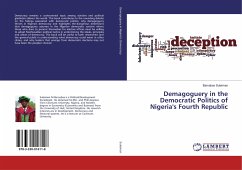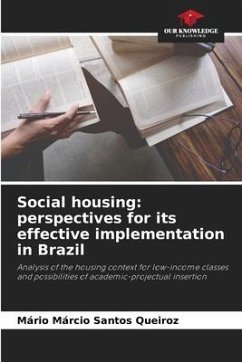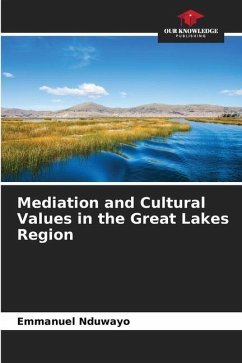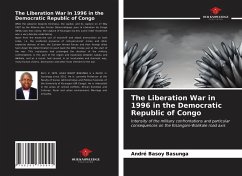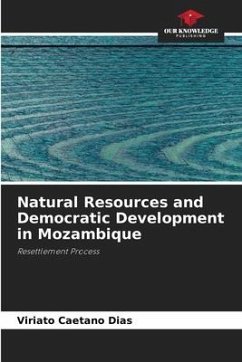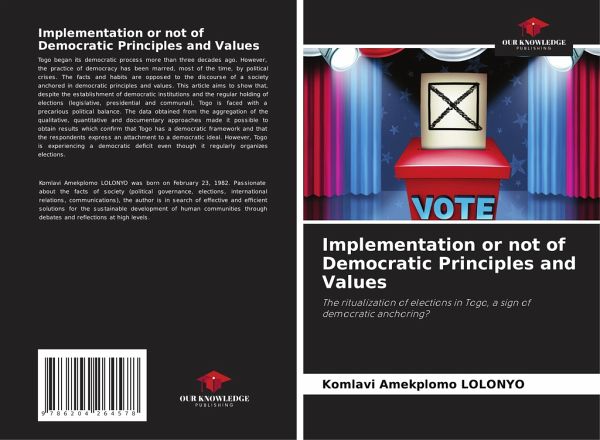
Implementation or not of Democratic Principles and Values
The ritualization of elections in Togo, a sign of democratic anchoring?
Versandkostenfrei!
Versandfertig in 6-10 Tagen
27,99 €
inkl. MwSt.

PAYBACK Punkte
14 °P sammeln!
Togo began its democratic process more than three decades ago. However, the practice of democracy has been marred, most of the time, by political crises. The facts and habits are opposed to the discourse of a society anchored in democratic principles and values. This article aims to show that, despite the establishment of democratic institutions and the regular holding of elections (legislative, presidential and communal), Togo is faced with a precarious political balance. The data obtained from the aggregation of the qualitative, quantitative and documentary approaches made it possible to obt...
Togo began its democratic process more than three decades ago. However, the practice of democracy has been marred, most of the time, by political crises. The facts and habits are opposed to the discourse of a society anchored in democratic principles and values. This article aims to show that, despite the establishment of democratic institutions and the regular holding of elections (legislative, presidential and communal), Togo is faced with a precarious political balance. The data obtained from the aggregation of the qualitative, quantitative and documentary approaches made it possible to obtain results which confirm that Togo has a democratic framework and that the respondents express an attachment to a democratic ideal. However, Togo is experiencing a democratic deficit even though it regularly organizes elections.



